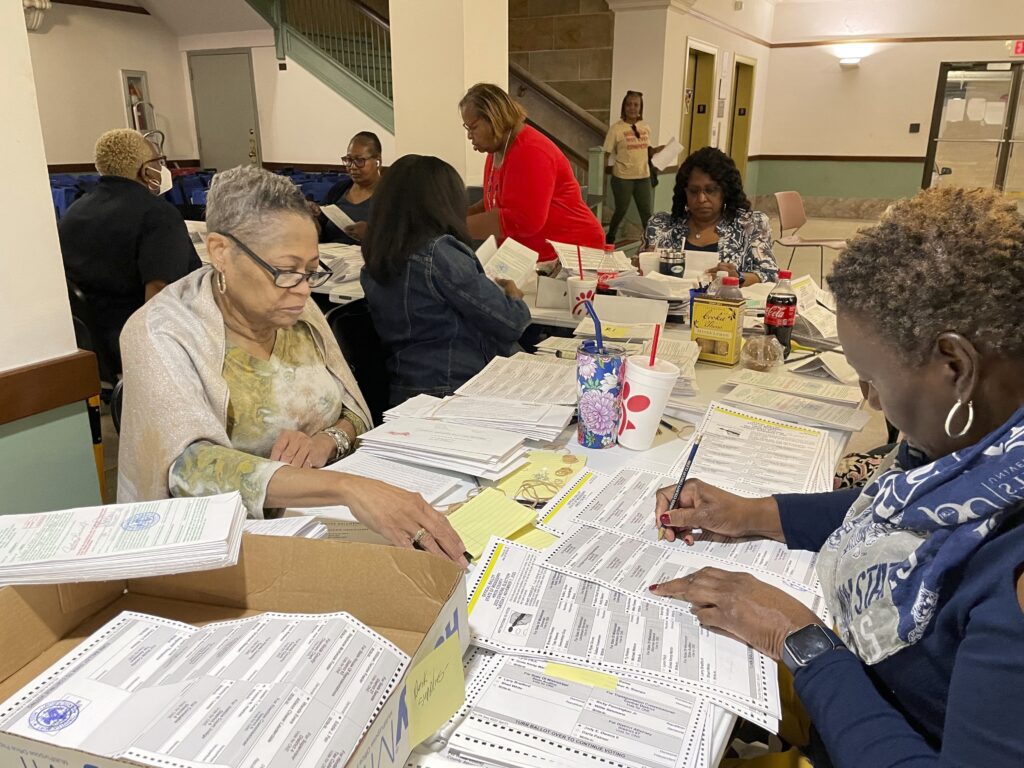RNC Challenge to Mississippi’s Mail-In Ballot Deadline to Be Heard by 5th Circuit

Mississippi currently permits mail-in ballots to be counted up to five business days after an election, provided they are postmarked on or before Election Day. The Republican National Committee (RNC) is challenging this law, and the 5th U.S. Circuit Court of Appeals will hear oral argument on the matter Tuesday.
The RNC, along with the Mississippi GOP and two Republican voters, filed this lawsuit back in January, against Secretary of State Michael Watson (R) and county election officials.
The GOP plaintiffs argued that the state election law about the mail-in ballot receipt deadline “effectively extends Mississippi’s federal election past the Election Day established by Congress” and results in “valid ballots” being “diluted by untimely, invalid ballots.”
The Republicans specifically argued this law harms their party because, during the 2022 election, significantly more Democrats voted by mail than their GOP counterparts.
“That means the late-arriving mail-in ballots that are counted for five additional days disproportionately break for Democrats,” the plaintiffs argued in their lawsuit.
The RNC’s case was consolidated with an identical lawsuit filed by the Libertarian Party of Mississippi in March.
In July, a federal district court judge upheld Mississippi’s election law, concluding the state’s post-election ballot receipt deadline complies with federal law and the U.S. Constitution.
Just days later, the Republican plaintiffs appealed the decision to the 5th Circuit, the most conservative federal appeals court in the country. The case will be heard on Tuesday by a three-judge panel of former President Donald Trump appointees.
Leading up to oral argument, multiple parties have filed amicus briefs in support of the Mississippi state and county officials, including the U.S. Department of Justice (DOJ).
“States already must perform many tasks after Election Day to complete the legal process of holding an election, and state officials have accepted timely-cast ballots that arrive after Election Day at least since the Civil War,” the DOJ argued in its Sept. 10 brief.
Also, the DOJ argued that post-Election Day ballot receipt deadlines help prevent military and overseas voters from being disenfranchised, since their ballots may take a long time to be delivered.
With less than seven weeks until the 2024 election, the 5th Circuit’s decision could have a major impact on mail-in voters, especially those overseas and those who send in their ballots close to Election Day.